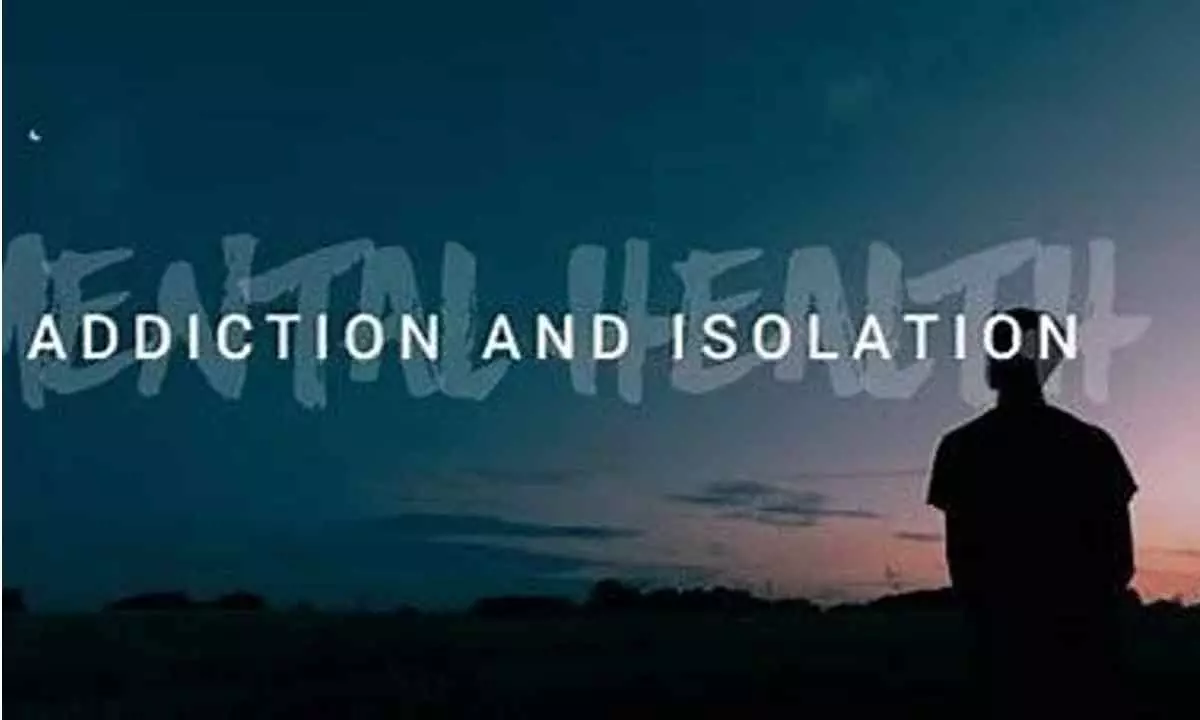Know the Relationship between Isolation and Addiction

Addiction and isolation are correlated. Addiction results in disconnect with the family, friends, near and dear ones.
- addiction has correlation with feeling of low self-esteem, depressing and guilt
- Lack of belonginess, pushes the individual into addiction
- Addiction might result in disconnect with family and friends
When someone loses hope to find a role in this world, be it society in general or just at home, then addiction becomes something to bond with and soothe the pain over.
Addiction is lack of connection, the above theory states that, most cases of addiction are because of deep disconnect between the person struggling with addiction and rest of the world.
Similar like chronic pain, it is sometimes linked to addiction, emotional pain can be some sort of gateway to a destructive habit.
Addiction correlates strongly having feeling of low self-esteem, depression and guilt. These are all signs of a individual who is struggling to find a reason to exist and it is having an existential crisis, typically one that revolves around a lack of belonging.
Belonging, to the human psyche, is essential. As much, we tend to glamourize the idea of the lone wolf, the lone wolf is a dead wolf. The pack is what survives and at the heart of every human being is our instinct to exist as well as survive among others.
This is why, rejection hurts, physically. The pain we tend to experience through rejection and the fear it instills in us, is part of our inner instinct to fear ostracizing and social rejection. We wish to fit in and be of society, because only way our ancestors survived. That raises the question, can love cure addiction and enable us to find that place in society?
Effects of Isolation on Addiction
There is a stereotype of addiction, which would result from a party culture, where in the individuals tend to abuse drugs and alcohol with friends, only to end up losing control. However, this is not entirely accurate.
Even though, numerous people have their first encounter with drugs or alcohol at a social gathering. It is usually not the friends or the party that causes the spiral to begin.
As we have witnessed in the earlier studies, isolation as well as addiction tend to form a self-perpetuating cycle. Many individuals first tend to engage in high-risk behavior because they already feel isolated and that lives do not matter those around them.
However, high-risk behavior further isolates those individuals as friends and family members begin to distance themselves from frightening or erratic behaviors.
Moreover, people start to slip into addiction, they often begin to close themselves off from others, shutting the door on those remaining relationships they have, such as spouses, siblings and parents.
Relationships might become even more damaged, if the individual is struggling with addiction resorts to theft or violence while in the throes of addiction.
Self-isolation can result from shame regarding the addictive behaviors but it can also result from chemical changes in the brain. As addiction sets in, the brain soon becomes rewired to focus primarily on the need for more drugs or alcohol.
Family, friends, work and activities soon fall by the wayside, as the chemical dependency tend to increase.
Tragically, this lack of connection can create barriers to recovery.
When those struggling with addiction, start to reach out to the friends for help, but it is very unfortunate, by then, the individual might no longer have friends as well as family who can help them with seek treatment.














